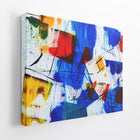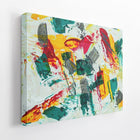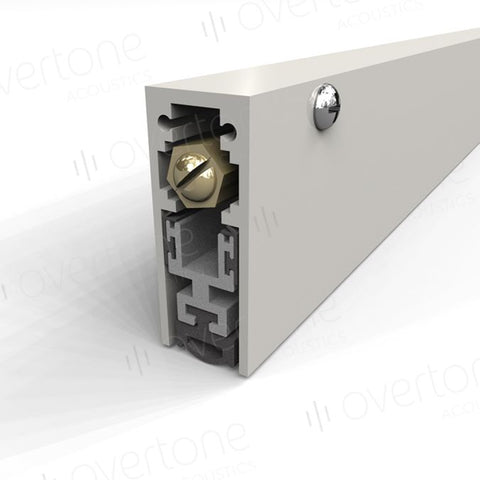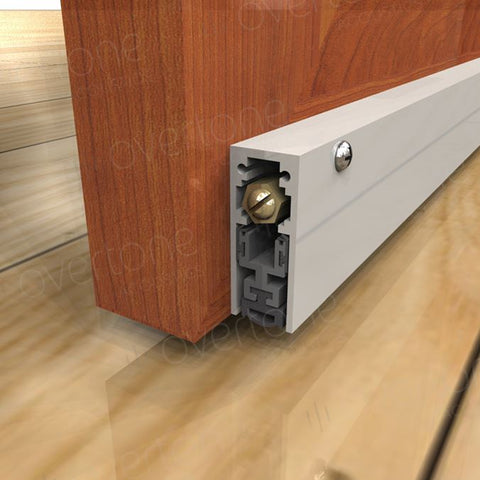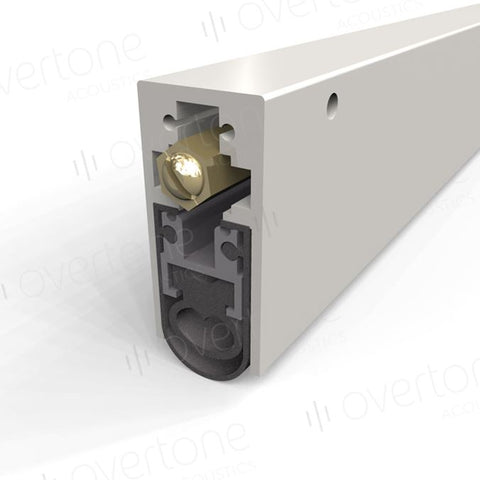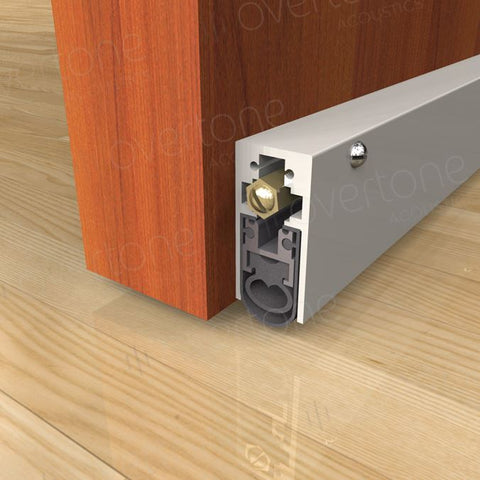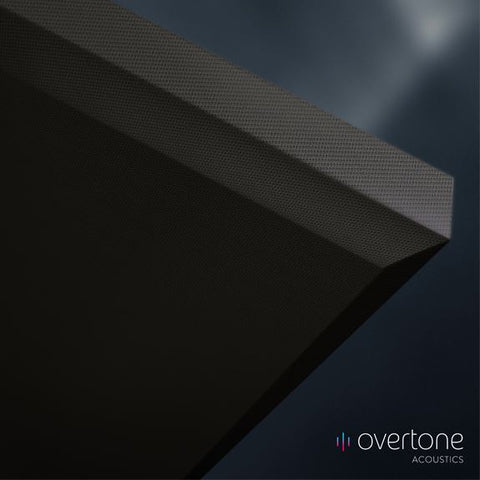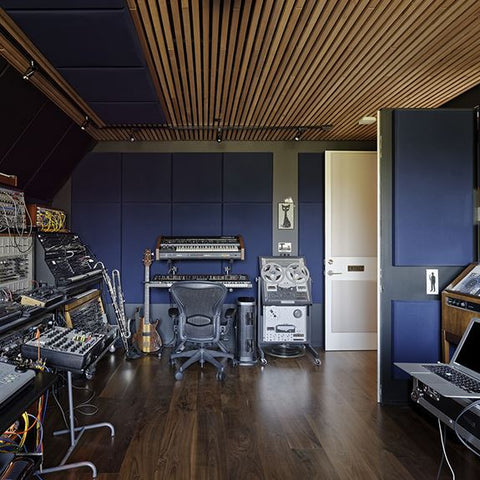Healthcare Facilities Acoustics Healthcare Facilities Acoustics

It is very important that patients privacy is upheld in a healthcare facility such as a hospital, doctors office, dental office, surgery centers, and health clinics. Privacy and communication are too of the biggest pieces of a comfortable experience in a healthcare facility. It’s important to be able to share clear and confidential information without the fear of having someone over hear them, or much worse being disrupted. Overtone can help with that. Acoustic panels can be used by healthcare facilities to offer a decorative, and highly functional solution to these needs. Acoustic panels will reduce echo, and create premium quality sound within the room. They will also prevent sound from passing through the shared walls within your facility, maintaining the privacy that your patients deserve. Poor acoustics can have negative effects on the operations, and the efficiency of your staff, as well as the well-being of your patients. If a room remains untreated for sound quality, sound is allowed to travel freely throughout the space of your facility.
Questions? 936-226-8784

It is very important that patients privacy is upheld in a healthcare facility such as a hospital, doctors office, dental office, surgery centers, and health clinics. Privacy and communication are too of the biggest pieces of a comfortable experience in a healthcare facility. It’s important to be able to share clear and confidential information without the fear of having someone over hear them, or much worse being disrupted. Overtone can help with that. Acoustic panels can be used by healthcare facilities to offer a decorative, and highly functional solution to these needs. Acoustic panels will reduce echo, and create premium quality sound within the room. They will also prevent sound from passing through the shared walls within your facility, maintaining the privacy that your patients deserve. Poor acoustics can have negative effects on the operations, and the efficiency of your staff, as well as the well-being of your patients. If a room remains untreated for sound quality, sound is allowed to travel freely throughout the space of your facility.
Questions? 936-226-8784
Echoes and reverberations will bounce off the hard surfaces of rooms in your facility, and sound will pass through the common walls. This will lead to uncomfortable situations for your staff and for your patients. But treating your walls with acoustic panels will help to capture the unwanted sound, and soundproofing materials will ensure that the sounds stay exactly where they should be.
Perhaps the most important reasons for hospitals to care about the acoustic environment is the well being of your patients and the privacy of those patients. Unwanted noise will prohibit your patients from sleeping and resting, which will have negative effects on their healing process. This can lead to higher levels of stress and prolong the healing period. In addition to patient health, good acoustics will help to protect a patient's private information from others. Soundproofing your rooms will prevent voices from carrying into other areas where other people may hear the details you discuss. Not only will this infringe on the privacy of your patients, it might also put your organization at risk.
Here are some tips to keep in mind
How do I soundproof my hospital room?
Soundwaves will bounce off of the hard surfaces of the perimeter walls, ceiling, and floor of a room. These sound signals will build and echo which will blur the sound quality of the space. By installing acoustic panels and soundproofing materials you can effectively control the echoes and reverberations of your hospital room, and restore premium quality sounds.
How do I protect the privacy of my patients
Sounds will travel between the common walls and ceilings of a space if they are untreated for sound quality. By installing acoustic panels and soundproofing materials to the walls and ceilings you will ensure that the sounds of your room will stay in their respective spaces, effectively limiting the amount of sounds that bleeds through the common walls and ceilings of the room.
Echoes and reverberations will bounce off the hard surfaces of rooms in your facility, and sound will pass through the common walls. This will lead to uncomfortable situations for your staff and for your patients. But treating your walls with acoustic panels will help to capture the unwanted sound, and soundproofing materials will ensure that the sounds stay exactly where they should be.
Perhaps the most important reasons for hospitals to care about the acoustic environment is the well being of your patients and the privacy of those patients. Unwanted noise will prohibit your patients from sleeping and resting, which will have negative effects on their healing process. This can lead to higher levels of stress and prolong the healing period. In addition to patient health, good acoustics will help to protect a patient's private information from others. Soundproofing your rooms will prevent voices from carrying into other areas where other people may hear the details you discuss. Not only will this infringe on the privacy of your patients, it might also put your organization at risk.
Here are some tips to keep in mind
How do I soundproof my hospital room?
Soundwaves will bounce off of the hard surfaces of the perimeter walls, ceiling, and floor of a room. These sound signals will build and echo which will blur the sound quality of the space. By installing acoustic panels and soundproofing materials you can effectively control the echoes and reverberations of your hospital room, and restore premium quality sounds.
How do I protect the privacy of my patients
Sounds will travel between the common walls and ceilings of a space if they are untreated for sound quality. By installing acoustic panels and soundproofing materials to the walls and ceilings you will ensure that the sounds of your room will stay in their respective spaces, effectively limiting the amount of sounds that bleeds through the common walls and ceilings of the room.


